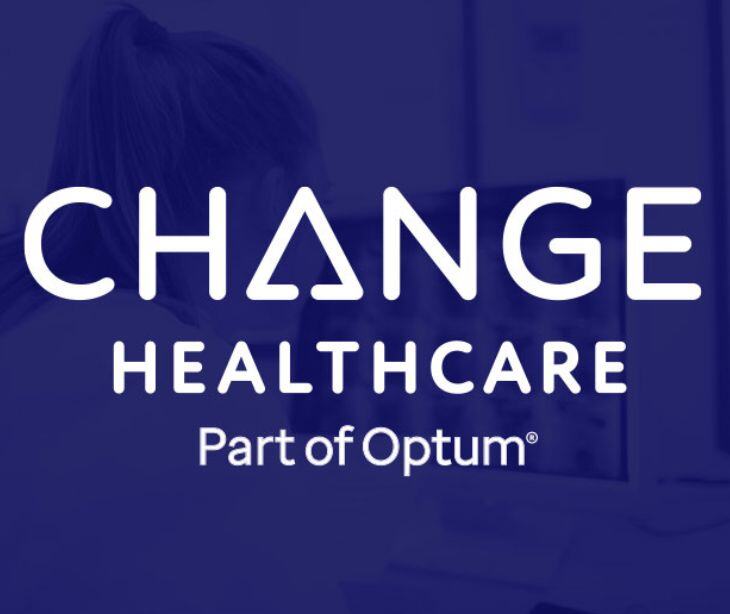
Rural clinics and practices ensure equitable access to healthcare in areas that are often not near larger healthcare facilities. These often have limited financial and technological resources compared to larger organizations. The impact of a data breach can therefore be more severe due to the challenges associated with implementing robust cybersecurity measures and recovering from the breach.
Consequences of data breaches in rural healthcare facilities
A data breach refers to unauthorized access, disclosure, or loss of protected health information (PHI) or other confidential data stored within the clinics and practice's systems or networks. These can pose a risk to the healthcare facilities' HIPAA compliance, resulting in legal and regulatory penalties. This can include fines, sanctions, and mandated corrective actions.
Responding to a data breach can cause significant disruption to healthcare operations. This includes allocating resources and staff time to investigate the breach and implement security measures, as well as the potential penalties involved can cause significant financial implications.
Related: Rural Illinois hospitals set to close after ransomware attack
Common causes of data breaches in rural clinics and practices
- Weak or insufficient security measures
- Employee error or negligence
- Insider threats
- Theft or loss of devices or documents
- Third-party vendors and service providers
Steps rural healthcare facilities can use to respond to data breaches
Contain the breach
Immediately disconnect affected systems or devices from the network to prevent further unauthorized access. This can help contain the breach while minimizing the risk of spreading to other systems.
Assess and document the breach
Conduct an internal assessment to understand the scope and impact of the breach. Document all available information, including the date and time of the breach, affected systems or data, and any potential indicators of compromise.
Seek external assistance
Contact local or regional healthcare organizations, government agencies, or non-profit organizations that offer cybersecurity support and assistance to rural clinics and practices. They may provide guidance, expertise, and resources at little to no cost.
Report to authorities
Notify appropriate regulatory bodies or agencies about the breach, ensuring compliance with legal requirements. They may provide guidance and further support in managing the breach.
Communicate with patients
While it may be challenging to offer extensive credit monitoring services or professional support, communicate with affected patients transparently and empathetically. Provide guidance on steps they can take to protect themselves, such as monitoring their financial accounts or reviewing their credit reports. Adopting methods of communication such as HIPAA compliant email can be helpful.
Leverage free or low-cost resources
Look for free or low-cost resources available online or through government initiatives that provide guidance on cybersecurity best practices for small healthcare organizations. These resources can offer practical recommendations and tools for enhancing security measures.
Establish partnerships
Collaborate with other local healthcare providers or organizations to share resources, knowledge, and experiences related to data security. Establishing partnerships can help pool limited resources and collectively improve cybersecurity capabilities.
Organizations that offer guidance and support
There are resources available to rural practices that require assistance with the protection and security of PHI. Selecting a suitable resource depends on the size, location, and scope of the practice, but here are a few:
- Office for Civil Rights (OCR) - HIPAA: The OCR, a division of the U.S. Department of Health and Human Services, provides resources and guidance on HIPAA compliance, including data breach prevention and response. Their website offers educational materials, breach notification tools, and a portal for reporting and managing breaches.
- Health information trust alliance (HITRUST): HITRUST is a non-profit organization that offers a comprehensive framework for managing information risk and compliance, including data breaches. They provide tools, training, and resources for healthcare organizations, assisting them in implementing effective security controls and incident response practices.
- National Institute of Standards and Technology (NIST): NIST provides guidance and standards for cybersecurity, including resources specific to the healthcare industry. Their publications, such as the NIST Cybersecurity Framework and Special Publication 800-66 on handling healthcare information breaches, can be valuable references for rural clinics and practices.
- Regional extension centers (RECs): In the United States, RECs are organizations funded by the Office of the National Coordinator for Health Information Technology (ONC). They offer support and guidance to healthcare providers, including small and rural clinics and practices, on various health IT topics, including data security and breach prevention.
- Local or state health departments: Local or state health departments often provide resources, guidelines, and educational materials on data breach prevention and response tailored to the specific needs of their jurisdiction. They may offer training programs, webinars, or consultations for rural clinics and practices seeking assistance.
- Cybersecurity information sharing and analysis organizations (ISAOs): ISAOs facilitate information sharing and collaboration among organizations in specific sectors, such as healthcare. They provide guidance, threat intelligence, and best practices related to cybersecurity. The Health Information Sharing and Analysis Center (H-ISAC) is an example of an ISAO that focuses on healthcare.
For more information, the National rural health resource center offers more sources that rural practices can utilize.
Go deeper:
- Senators introduce Rural Hospital Cybersecurity Enhancement Act
- #StopRansomware Guide released by the U.S. Joint Ransomware Task Force
Subscribe to Paubox Weekly
Every Friday we'll bring you the most important news from Paubox. Our aim is to make you smarter, faster.



